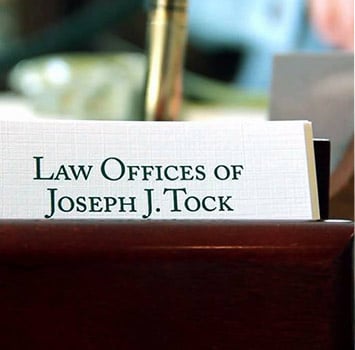You were diagnosed with dementia a few months ago. For the most part, you still know what’s happening around you. You know that you may lose some of this awareness as time goes on as a result of this disease.
In the early stages of dementia, there is no reason why you cannot live alone or live your life normally, in most cases. However, when it comes to legal documents, you will need to be cautious. If someone is dissatisfied with your will in the future, for example, they could claim that your disease did not allow you to make good decisions. In a worst-case scenario, all the planning you did could be overruled.
How do you prevent that? One of the best options is to talk to your medical provider and to get a letter that shows that you’re capable of making decisions on your own. Include that paperwork, as well as other medical documents if you wish, in your estate plan. That way, if there is a question about your ability to make decisions, there will be documentation to back up your rights.
Dementia itself is just a category, and it doesn’t necessarily indicate the level of an illness. That’s why using medical documents to support you and getting witnesses who can note your good health and mental acuity in a statement is helpful. Over time, you may lose the ability to make legal decisions for yourself, but if you are capable now, there’s no reason that you shouldn’t take the time to work on your estate plan.

